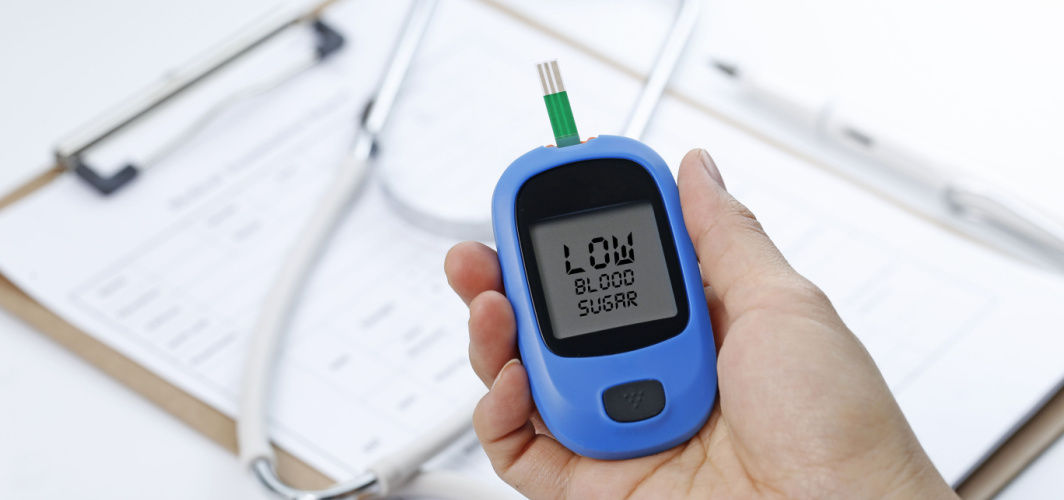Diabetes Management
Diabetic Neuropathy: Why the Burning Sensation in Your Feet Should Not be Ignored?
3 min read
By Apollo 24/7, Published on - 05 December 2020, Updated on - 27 August 2023
Share this article
1
9 likes

What is diabetic neuropathy?
- Sensory neuropathy: Damage to the nerves that detect touch and temperature - commonly affects the feet and hands.
- Motor neuropathy: Damage to the nerves that help in muscle movement.
- Autonomic neuropathy: Damage to the nerves that control involuntary actions of the body such as digestion.
What are the signs of diabetic neuropathy?
- Numbness, especially in the extremities, i.e., toes, fingers
- Tingling sensation
- Pain in the body
- Weakness in the limbs
- Difficulties with walking, balance, and coordination
- Loss of muscle mass in the feet, legs, hands, and hips
Who is more likely to get diabetic neuropathy?
- Poorly controlled diabetes
- Weight issues
- High blood pressure
- Age above 40 years
- High levels of triglycerides
- Habits such as smoking and consuming alcohol
- Chronic liver or kidney disease
- Vitamin B deficiency
- Prolonged diabetes (living with diabetes for a long period of time)
- Other diseases and anti-cancer drugs
- Coronary heart disease or other heart condition.
Can diabetic neuropathy be prevented?
- Adhere to the medications prescribed by the doctor
- Follow healthy eating habits and consume whole, nutritious food
- Limit the consumption of high-fat and high-calorie processed foods
- Reduce salt consumption to keep blood pressure in the normal range
- Take up some form of moderate-intensity exercise such as brisk walking, riding a bicycle or swimming to stay physically active
- Quit smoking to reduce the risk of neuropathy
- Significantly reduce the consumption of alcohol.
- Examine the feet every day for any red spots, cuts, swellings or blisters
- Nails of the feet should be cut and trimmed carefully
- Pat dry the feet after bathing and moisturize them later
- Wear well-fitted shoes and wear thick, soft, seamless socks along with them.
Takeaway
Diabetes Management
Consult Top Neurologists
View AllLeave Comment
Recommended for you

Diabetes Management
What is prediabetes and can it be reversed?
Prediabetes is a condition where blood sugar levels are higher than normal but not yet classified as type 2 diabetes. It is a warning sign that diabetes may develop if lifestyle changes are not made. With healthy eating, regular physical activity, and weight loss, prediabetes can often be reversed, returning blood sugar levels to normal and reducing the risk of developing type 2 diabetes.

Diabetes Management
Hypoglycaemia: Know What Happens When Your Blood Sugar Drops!
Hypoglycaemia is common in diabetics but can occur in healthy people too. Recognizing the symptoms is important to avoid complications. Treating the underlying cause and making dietary changes can help in preventing hypoglycaemia.

Diabetes Management
How Can Sleep Apnea Affect Diabetes?
Sleep apnea, characterised by breathing interruptions during sleep, increases the risk of type 2 diabetes due to insulin resistance and worsens complications. Early detection, accurate diagnosis, and treatments like CPAP therapy and lifestyle changes are essential for managing sleep apnea and its impact on diabetes.
Subscribe
Sign up for our free Health Library Daily Newsletter
Get doctor-approved health tips, news, and more.
Visual Stories

8 Fruits That are Incredibly Healthy for Diabetes
Tap to continue exploring
Recommended for you

Diabetes Management
What is prediabetes and can it be reversed?
Prediabetes is a condition where blood sugar levels are higher than normal but not yet classified as type 2 diabetes. It is a warning sign that diabetes may develop if lifestyle changes are not made. With healthy eating, regular physical activity, and weight loss, prediabetes can often be reversed, returning blood sugar levels to normal and reducing the risk of developing type 2 diabetes.

Diabetes Management
Hypoglycaemia: Know What Happens When Your Blood Sugar Drops!
Hypoglycaemia is common in diabetics but can occur in healthy people too. Recognizing the symptoms is important to avoid complications. Treating the underlying cause and making dietary changes can help in preventing hypoglycaemia.

Diabetes Management
How Can Sleep Apnea Affect Diabetes?
Sleep apnea, characterised by breathing interruptions during sleep, increases the risk of type 2 diabetes due to insulin resistance and worsens complications. Early detection, accurate diagnosis, and treatments like CPAP therapy and lifestyle changes are essential for managing sleep apnea and its impact on diabetes.